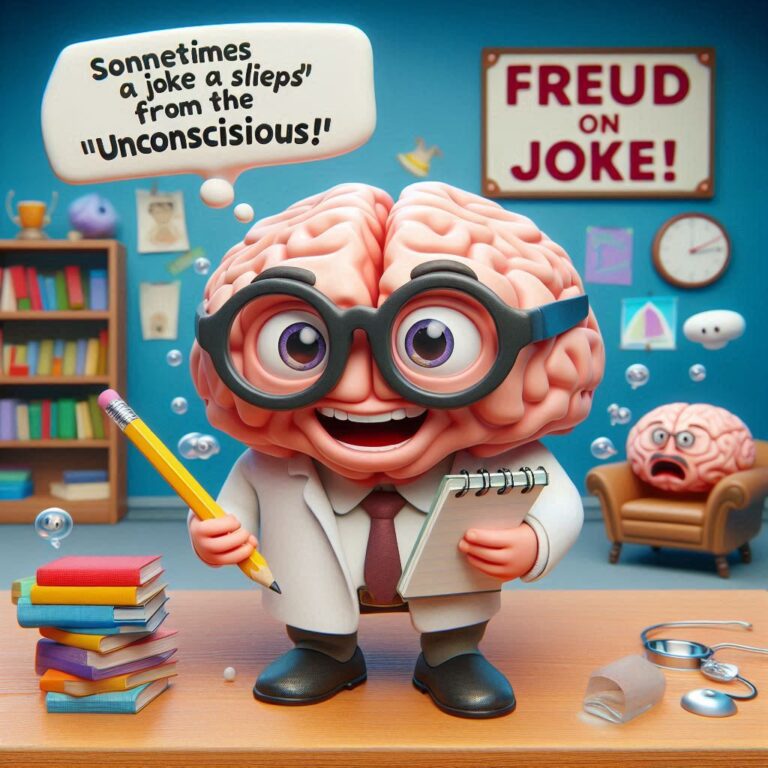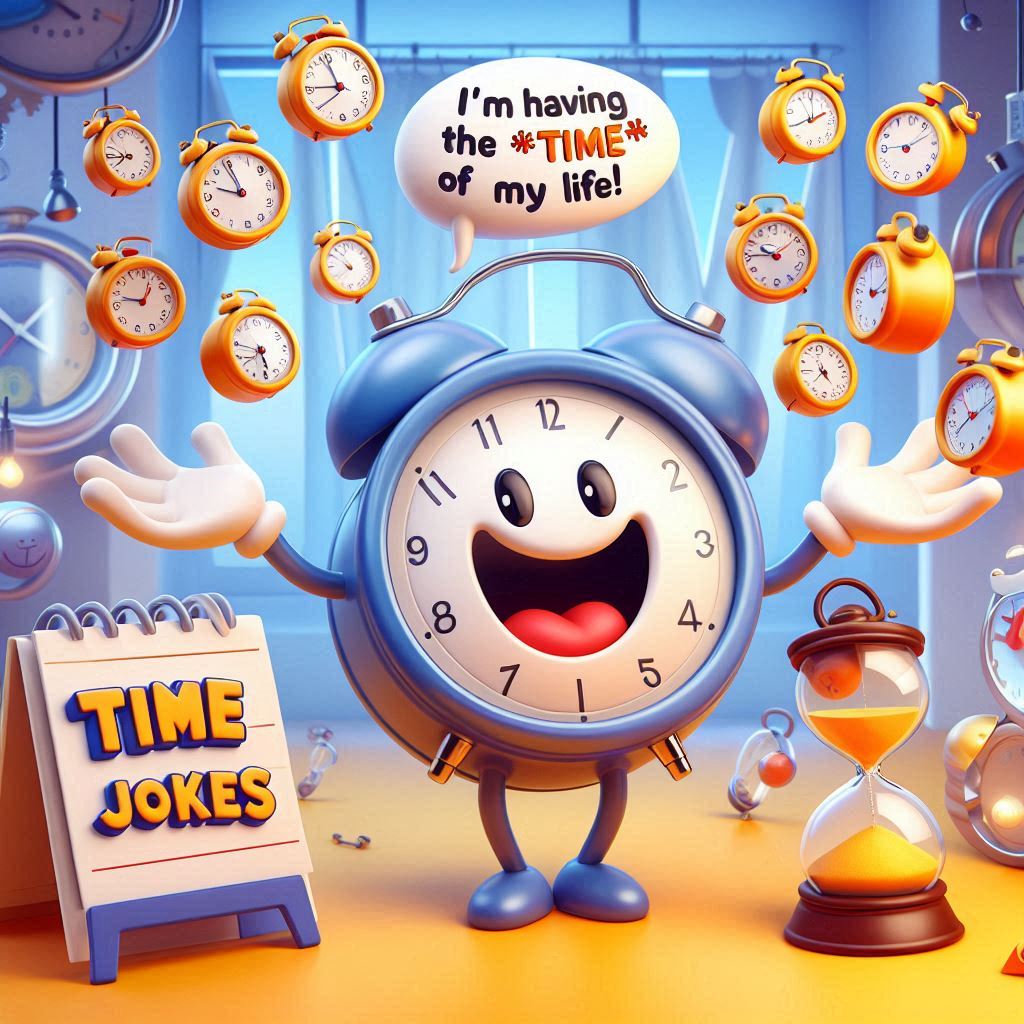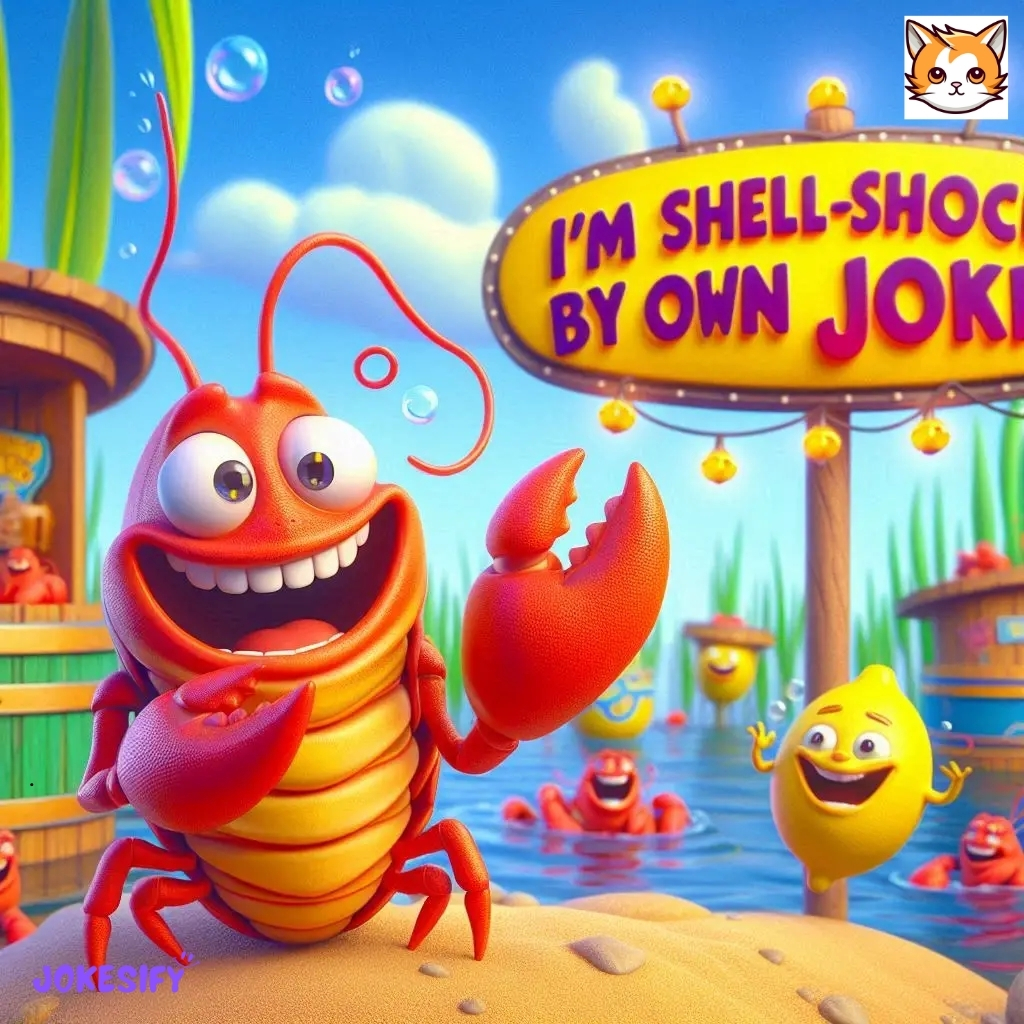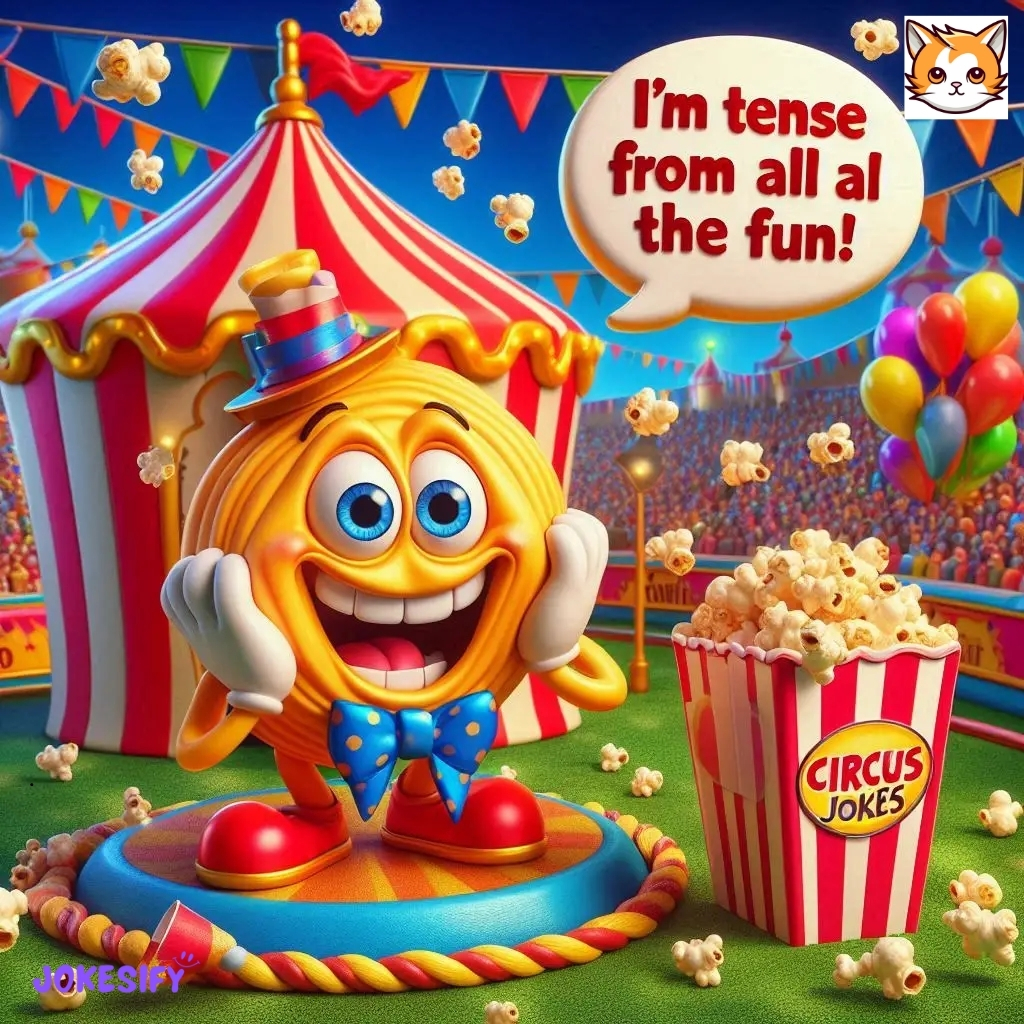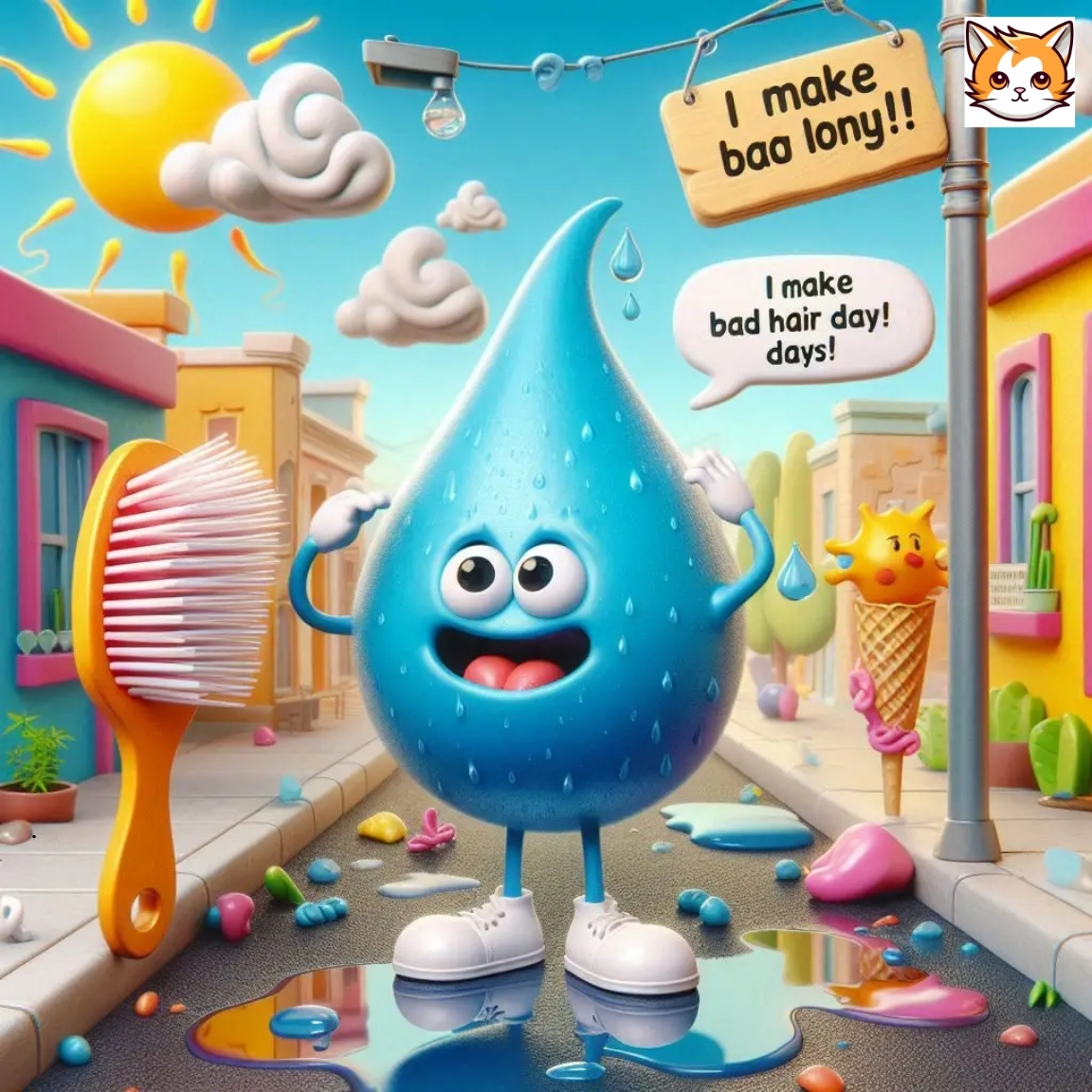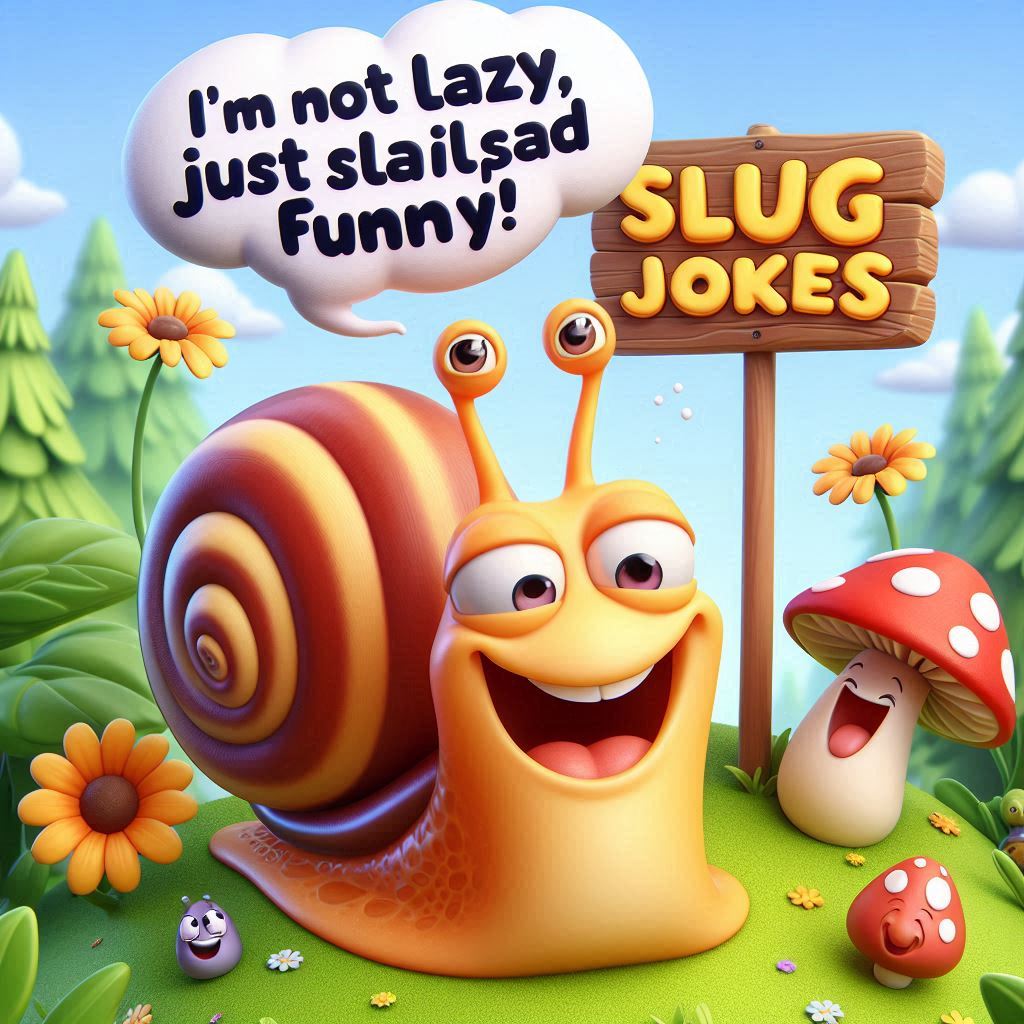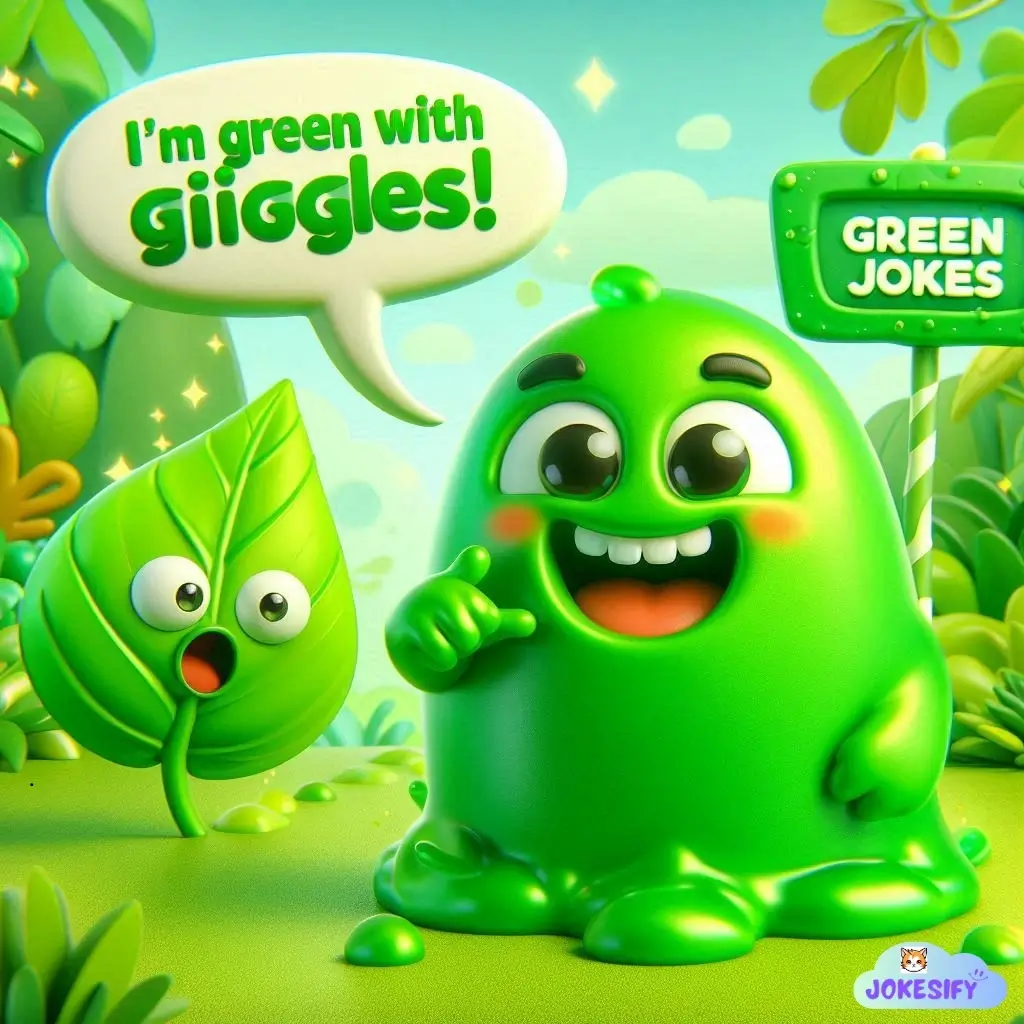I’ve always been curious about Freud on jokes. 🧠 He believed jokes weren’t just funny — they revealed hidden thoughts. That idea makes me laugh and think at once.
For me, jokes are like little brain windows. They sneak out truths we don’t always say. Freud really knew how to spot that. 😅
Did you know Freud’s book Jokes and Their Relation to the Unconscious came out in 1905? Over 100 years later, people still read it. That’s some lasting comic analysis! 📚
I once joked, “Freud would say you’re laughing for a reason.” My friend replied, “Or maybe your joke is just bad!” 😂
So next time you laugh, thank your mind. Even Freud knew comedy had layers to crack. 🪞
I. Best Freud On Jokes Analysis
Explore Freud’s insightful perspective on jokes, uncovering how humor reveals the unconscious mind and deep-seated desires. A fascinating look into the psychology of laughter.
- Why did the joke go to therapy? Because it had too many unresolved punchlines.
- Freud says humor is the ego’s way of saying, “I see your issues, but I’m still laughing.”
- Why do Freud’s jokes always have layers? Because beneath every laugh, there’s a hidden meaning.
- When Freud told a joke, even the punchline needed psychoanalysis.
- What’s Freud’s favorite joke? The one about repressed memories and suppressed giggles.
- Jokes are like dreams—Freud believed they both reveal what we hide deep inside.
- Why did the joke feel anxious? Because it sensed it was about to be analyzed.
- Freud thought humor helps us face our subconscious fears with a smile.
- What did Freud say about pun jokes? They’re the ego’s way of playing with reality.
- Jokes, according to Freud, are the mind’s way of sneaking past censorship with a grin.
- Why did the joke refuse therapy? It was afraid of revealing its true meaning.
- Freud believed that every joke contains a tiny piece of our hidden self.
- What’s Freud’s take on knock-knock jokes? They’re openings to the unconscious door.
- Why do we laugh at taboo jokes? Freud said it’s a safe way to confront forbidden thoughts.
- Freud claimed that humor is a window into our repressed desires and fears.
- Jokes are the mind’s way of saying, “Here’s what I’m really thinking, in disguise.”
- Freud’s favorite joke? The one that makes you think while you laugh.
- He believed that humor is a defense mechanism, protecting us from uncomfortable truths.
- Why are puns so popular? Freud said they reveal the playful side of our subconscious.
- Laughing at a joke is like a mini psychoanalysis session—quick, revealing, and surprisingly satisfying.

II. One Liner Jokes Inspired by Freud
Discover a collection of witty one-liner jokes inspired by Freud’s theories. These quick quips reveal humor rooted in the subconscious mind and psychoanalysis.
- Q: Why did Freud bring a ladder to the therapy session?
A: To reach the higher levels of the unconscious mind. - Q: What did Freud say when asked about a bad mood?
A: It’s just a repression in progress. - Q: Why are Freudian jokes always so layered?
A: Because they have multiple levels of meaning, just like dreams. - Q: How does Freud fix a broken joke?
A: He re-structures its latent content. - Q: Why did Freud’s joke go to the psychiatrist?
A: It had too many unresolved issues. - Q: What’s Freud’s favorite type of humor?
A: Something that digs into the subconscious. - Q: Why do Freudian jokes never get old?
A: Because they always reveal hidden truths. - Q: How does Freud like his jokes?
A: Repressed, but still funny underneath. - Q: Why did the joke get repressed?
A: Because it was too risqué for the conscious mind. - Q: What’s a Freudian joke’s favorite snack?
A: A little bit of ego, a dash of superego, and a pinch of id. - Q: How do Freud’s jokes stay so clever?
A: They’re deeply rooted in the unconscious humor. - Q: Why did the joke refuse to analyze itself?
A: It was afraid of revealing too much. - Q: What do you call a joke with hidden meanings?
A: A Freudian slip of humor. - Q: Why are Freud’s jokes so popular?
A: They strike a chord in the subconscious of everyone. - Q: How do Freud’s jokes make us feel?
A: Repressed, but ultimately amused. - Q: Why did the joke need therapy?
A: It couldn’t handle the punchline’s intensity. - Q: What’s Freud’s favorite punchline?
A: The one that reveals what’s beneath the surface. - Q: How does Freud describe a joke’s punchline?
A: A release of subconscious tension. - Q: Why do jokes help us confront our fears?
A: Because laughter is the best psychoanalytic tool.
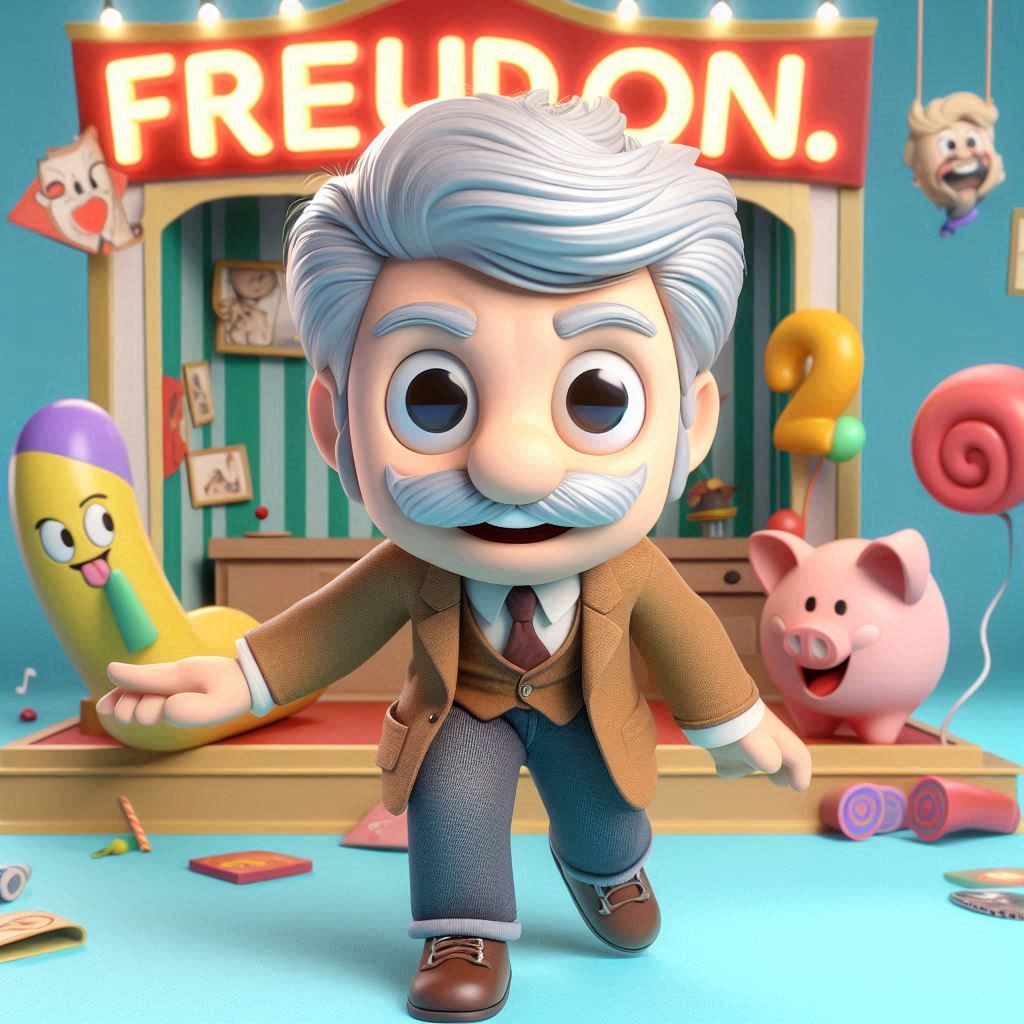
III. Freud’s Insights on Humor and Jokes
Freud viewed humor as a window into the unconscious mind, revealing hidden desires and repressed thoughts.
Through laughter and wit. His insights highlight humor’s role in psychological expression.
- Why do some jokes make us think? Freud believed humor uncovers the subconscious truths we hide.
- What did Freud say about laughter? It’s a release of pent-up psychological energy.
- How does Freud explain a clever joke? As a disguised expression of repressed feelings.
- Why is humor important in Freud’s view? It acts as a safe outlet for expressing forbidden thoughts.
- What’s Freud’s take on slapstick comedy? A way to bypass conscious censorship and access deeper feelings.
- How does Freud interpret a pun? As a playful slip of the unconscious mind.
- Why do we enjoy jokes about taboo topics? Freud believed it’s a way to confront our hidden anxieties safely.
- What does Freud say about the timing of a joke? It’s a moment where the unconscious reveals itself.
- How does humor serve as a defense mechanism? It helps us cope with uncomfortable truths by making us laugh at them.
- Why do some jokes feel more meaningful? Freud suggested they tap into our deepest subconscious conflicts.
- What role does humor play in Freud’s theory of the mind? It bridges the conscious and unconscious layers.
- How can a joke reflect internal struggles? By disguising complex feelings in a simple punchline.
- What did Freud think about laughter during stressful times? It’s a way to momentarily release repressed tension.
- Why do Freud’s insights suggest humor is universal? Because everyone has hidden thoughts waiting to be expressed.
- How does Freud view humor’s impact? As a healthy outlet that prevents psychological buildup.
- What is Freud’s perspective on jokes about ourselves? They reveal our self-awareness and hidden insecurities.
- Why are jokes considered a form of subconscious communication? Because they often convey what words cannot directly express.
- How does Freud explain the pleasure of a clever joke? It’s the mind’s way of recognizing and accepting repressed content.
- What does Freud believe about humor and societal norms? Humor often challenges or reinforces the unspoken rules we follow.
- Why is laughter considered a psychological release? It allows repressed feelings to surface in a socially acceptable way.
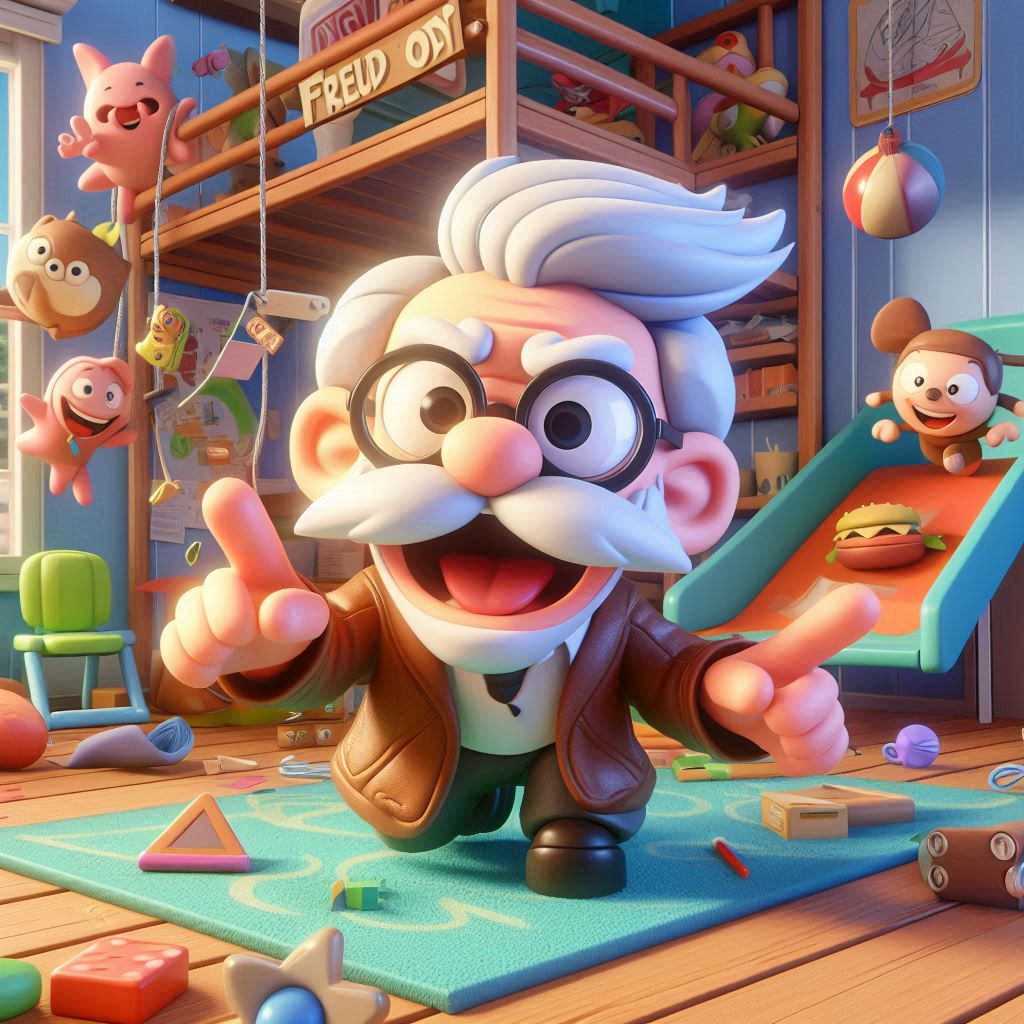
IV. Famous Jokes According to Freud
Freud believed some jokes stand out as timeless examples of humor revealing the hidden layers of the mind and cultural taboos, making us laugh while reflecting on deeper truths.
- Why did the chicken cross the road? To hide from the subconscious.
- Why was the math book sad? It had too many unresolved problems.
- What did the lamp say to the switch? You light up my life—and reveal my secrets.
- Why do clocks always tell the time? Because they’re aware of their own ticking thoughts.
- What did the banana say to the doctor? I’m feeling a little peel-ing today.
- Why did the bicycle fall over? Because it was two-tired of hiding its feelings.
- What do you call a bear with no teeth? A gummy bear—just like repressed memories.
- Why don’t skeletons fight each other? They don’t have the guts—an unconscious fear of confrontation.
- What did the computer say to the user? I need a break from all these processing thoughts.
- Why did the tomato turn red? Because it saw the salad dressing—an unconscious blush of shame.
- How do trees access their feelings? They root into their subconscious.
- Why did the cookie go to therapy? It felt crumby about itself.
- What did the pencil say to the paper? I’m drawn to your hidden depths.
- Why was the calendar nervous? It had too many dates with the unconscious.
- What’s a ghost’s favorite dessert? I scream—repressed fears served cold.
- Why did the scarecrow win an award? Because he was outstanding in his field of subconscious thoughts.
- What do you call a funny fish? A sole-ful comedian hiding its true scales.
- Why did the light bulb go to school? To brighten its unconscious ideas.
- What did the mirror say to the reflection? You’re my unconscious twin—always revealing the truth.
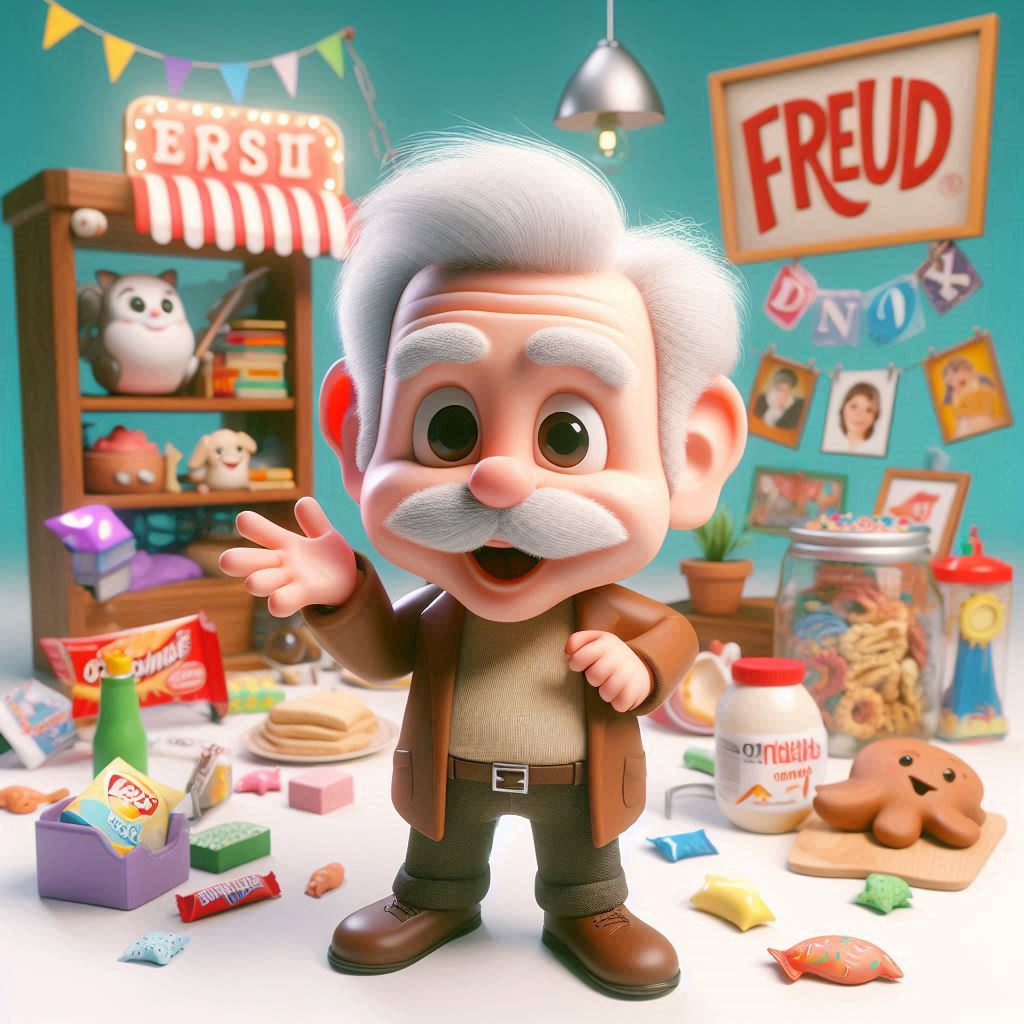
V. Freud’s Theory of Humor Explained
Freud’s theory of humor suggests that jokes serve as a safe outlet for expressing repressed thoughts.
Revealing the unconscious mind’s hidden desires through playful and clever wordplay.
- Freud believed humor acts as a release valve for subconscious tension stored in the mind.
- He argued that jokes allow us to express forbidden thoughts without guilt or shame.
- According to Freud, humor is a mechanism that helps us cope with uncomfortable truths.
- He saw jokes as a way for the ego to negotiate between the id and superego safely.
- Freud suggested that the pleasure derived from jokes comes from the release of repressed impulses.
- He explained that humor provides a temporary escape from internal conflicts and societal restrictions.
- Freud believed that the structure of a joke mirrors the workings of the unconscious mind.
- He posited that punchlines often contain a disguised expression of hidden fears or desires.
- Freud viewed humor as a form of psychological defense, protecting us from anxiety.
- He argued that the enjoyment of humor indicates a healthy integration of unconscious material into conscious awareness.
- Freud maintained that the timing and delivery of jokes are crucial for revealing unconscious conflicts.
- He thought that taboo jokes are particularly revealing of suppressed feelings.
- Freud believed that humor can serve as a mirror to our deepest internal struggles.
- He explained that laughter arises when unconscious material is suddenly brought to awareness in a non-threatening way.
- Freud saw humor as a form of sublimation—channeling unacceptable impulses into socially acceptable laughter.
- He argued that the subtlety of a joke’s meaning reflects the complexity of unconscious desires.
- Freud suggested that the more layered a joke, the more it uncovers hidden psychological conflicts.
- He believed that humor is an expression of the mind’s creative effort to manage repressed thoughts.
- Freud viewed the appreciation of humor as an indicator of psychological maturity and insight.
- He emphasized that understanding jokes through psychoanalysis can reveal underlying emotional and mental states.
VI. Jokes as a Reflection of the Unconscious
Jokes reveal hidden thoughts and feelings, serving as playful windows into the unconscious mind and exposing underlying psychological patterns and desires.
- A joke about forgetting your keys might hint at subconscious worries about losing control.
- Laughing at a silly pun can mask deeper anxieties we’re not ready to face directly.
- When a joke touches on a taboo topic, it often reflects repressed feelings lurking beneath the surface.
- Finding humor in everyday mishaps can symbolize unconscious fears of failure or inadequacy.
- A joke about being shy may actually reveal hidden social anxieties we’re hesitant to admit.
- Hearing a joke about authority might unconsciously express feelings of rebellion or submission.
- Smiling at a clever wordplay can be a sign of subconscious recognition of internal conflicts.
- Reactions to jokes often mirror our internal struggles with societal expectations and personal desires.
- Jokes that involve unexpected twists might symbolize unconscious conflicts between rational thought and impulse.
- Laughing at lighthearted jokes about mistakes can unconsciously acknowledge fears of judgment or rejection.
- Jokes about aging may unconsciously reflect fears of mortality and loss of vitality.
- Enjoying a joke about being misunderstood could hint at deeper feelings of inadequacy or unrecognized talents.
- A joke about procrastination might reveal unconscious resistance to change or responsibility.
- Finding humor in awkward situations often masks underlying feelings of vulnerability or shame.
- Jokes that play with stereotypes can unconsciously highlight internal biases or societal pressures.
- Laughing at a silly scenario may unconsciously symbolize desires for simplicity amid complex feelings.
- Jokes about personal habits can reveal subconscious concerns about self-image or acceptance.
- Enjoying humor about mistakes may be a way of unconsciously accepting imperfections in ourselves and others.
- Humor involving misunderstandings often reflects internal conflicts about communication and connection.
- Reactions to jokes can serve as a mirror, revealing unspoken thoughts and hidden emotions beneath the surface.

VII. Clever Jokes in Freudian Theory
Clever jokes embody Freud’s ideas by subtly revealing unconscious thoughts and conflicts.
Making humor a sophisticated reflection of the mind’s hidden layers and psychological complexity.
- Why did the joke hide behind the sofa? It was afraid of being analyzed too deeply.
- What’s a Freudian joke’s favorite puzzle? The one with hidden meanings in every piece.
- Why are clever jokes like dreams? They both contain symbols that need decoding.
- How does Freud craft a witty joke? By disguising a truth in a clever punchline.
- Why do some jokes make us think twice? They challenge our conscious understanding with subconscious hints.
- What do you call a joke that reveals too much? A Freudian slip in humor form.
- Why did the joke go to school? To learn how to hide its true message more effectively.
- How are clever jokes and repression related? Both involve hiding what’s really on the mind.
- What makes a joke truly clever? Its ability to make us laugh while exposing our inner thoughts.
- Why did the joke cross the subconscious? To reach the hidden meaning on the other side.
- How does Freud view a witty pun? As a playful release of repressed desires.
- Why do clever jokes stick with us? They resonate with unresolved internal conflicts.
- What’s a joke’s favorite secret? The one it keeps just beneath the surface.
- How do Freud’s jokes stay so sharp? They cut through layers of conscious pretenses.
- Why do some jokes feel like puzzles? Because they encode unconscious messages waiting to be unraveled.
- What’s the secret to a clever joke? Its capacity to balance humor with hidden truths.
- Why are witty jokes like psychoanalysis sessions? Both reveal what’s usually kept private.
- How does humor serve as a mind’s mirror? By reflecting subconscious conflicts in a lighthearted way.
- What makes a joke truly insightful? Its ability to entertain and uncover deeper psychological realities.
- Why do clever jokes leave a lasting impression? Because they connect with our subconscious stories and conflicts.
VIII. Psychological Aspects of Jokes by Freud
Freud believed jokes reflect underlying psychological processes, revealing unconscious conflicts.
Repressed desires, and inner tensions through humor that acts as a form of mental release.
- Freud saw jokes as windows into the mind’s hidden struggles, exposing internal conflicts in a lighthearted manner.
- Humor, in Freud’s view, helps us process repressed emotions by giving them a playful outlet.
- Jokes serve as psychological safety valves, allowing unconscious thoughts to surface safely.
- Freud thought that the laughter from a joke can be a sign of subconscious relief from tension.
- Many jokes encode internal fears and desires, which Freud believed are expressed through humor.
- Freud argued that humor functions as a defense mechanism, protecting the ego from uncomfortable truths.
- Jokes often act as a symbolic language, revealing suppressed feelings beneath their surface.
- He believed that the timing and content of jokes mirror internal psychological states.
- Freud thought that humor about taboo topics allows unconscious thoughts to be expressed indirectly.
- Laughing at a joke may indicate an unconscious acknowledgment of unresolved inner conflicts.
- Freud saw humor as a way for the mind to reconcile opposing impulses—pleasure and restraint.
- Jokes can serve as an expression of hidden anxieties, according to Freud’s theories.
- Freud believed that the pleasure from humor is linked to releasing repressed psychological energy.
- Humor provides a safe space for exploring suppressed thoughts without confronting them directly.
- Freud considered that the complexity of a joke reflects the complexity of the unconscious mind.
- Repressed feelings often find their way into jokes, serving as a form of subconscious communication.
- Freud thought that understanding the psychological roots of jokes can reveal underlying emotional states.
- Jokes about personal flaws or mistakes may symbolize internal struggles with self-acceptance.
- Humor acts as a psychological tool for managing internal conflicts and reducing anxiety.
- Freud viewed the appreciation of humor as an indicator of the mind’s ability to integrate unconscious material.
IX. The Role of Jokes in Freudian Psychology
Jokes serve as vital tools in Freudian psychology, acting as gateways to understanding unconscious.
Thoughts and helping individuals process hidden feelings with lightheartedness and insight.
- Humor provides a safe space for the mind to express suppressed emotions without fear of judgment.
- Jokes act as psychological mirrors, reflecting internal conflicts in a playful, approachable manner.
- Through humor, individuals can access subconscious desires that are usually hidden from conscious awareness.
- Freud believed that laughter at a joke indicates an unconscious acknowledgment of inner truths.
- Jokes enable the release of repressed tensions, serving as emotional pressure valves.
- Humor helps bridge the gap between conscious thoughts and unconscious feelings, fostering self-awareness.
- In therapy, jokes can reveal underlying anxieties or conflicts that need addressing.
- Freud viewed jokes as expressions of internal struggles disguised in a socially acceptable form.
- Humor often masks deeper feelings, allowing individuals to confront them indirectly.
- Jokes can serve as a form of internal dialogue, giving voice to thoughts that are difficult to articulate.
- By analyzing jokes, therapists can gain insight into a person’s unconscious mind and emotional state.
- Freud saw humor as a form of mental resilience, helping people cope with life’s challenges through laughter.
- Jokes about everyday situations often contain subtle messages about personal fears or hopes.
- Humor acts as a defense mechanism, protecting the ego from uncomfortable truths by making them humorous.
- Laughing at a joke can be a sign of internal acceptance of complex or conflicting feelings.
- Freud believed that understanding the humor behind a joke can unlock deeper psychological insights.
- Jokes create a temporary detachment from reality, allowing individuals to process subconscious content safely.
- Humor encourages self-reflection, making it easier to recognize internal patterns and conflicts.
- Jokes serve as a form of psychological release, helping to reduce internal tensions and anxieties.
- Freud emphasized that the appreciation of humor indicates a healthy integration of unconscious material into conscious awareness.
X. Jokes as a Reflection of the Unconscious
Jokes serve as playful windows into the unconscious mind, revealing hidden thoughts, feelings, and internal conflicts that often remain unseen beneath everyday awareness.
- When a joke references forgetting something, it might hint at subconscious worries about losing control or memory lapses.
- Laughing at a silly pun can sometimes mask deeper anxieties we’re hesitant to admit openly.
- Taboo jokes often reflect repressed feelings that are difficult to express directly but emerge through humor.
- Finding humor in small mistakes can symbolize unconscious fears of failure or inadequacy lurking beneath confidence.
- A joke about being shy may reveal underlying social anxieties that we prefer to keep hidden.
- Smiling at a clever wordplay might indicate recognition of internal conflicts we’re not fully aware of.
- Humor about authority figures can unconsciously express feelings of rebellion or submission we experience internally.
- Reactions to jokes often mirror internal struggles with societal expectations versus personal desires.
- Unexpected twists in jokes can symbolize unconscious conflicts between rational thought and impulse.
- Laughing at simple mistakes might be an unconscious way of accepting imperfections we find hard to admit.
- Jokes about aging may unconsciously reflect fears about mortality and the passage of time.
- Enjoying humor about misunderstandings can reveal hidden feelings of insecurity or the desire to be accepted.
- A joke about procrastination might unconsciously highlight resistance to change or responsibility.
- Humor in awkward situations can mask feelings of vulnerability or shame we prefer to hide.
- Stereotype jokes can unconsciously expose internal biases or societal pressures we’ve internalized.
- Finding amusement in simple scenarios often symbolizes unconscious desires for ease and simplicity amid complex emotions.
- Jokes about personal habits may reveal subconscious concerns about self-image and acceptance.
- Laughing at mistakes can be an unconscious acknowledgment of our own imperfections and fears of rejection.
- Humor involving misunderstandings often reflects internal conflicts about communication and connection with others.
- Reactions to jokes can serve as mirrors, revealing unspoken thoughts and suppressed feelings that lie beneath the surface.
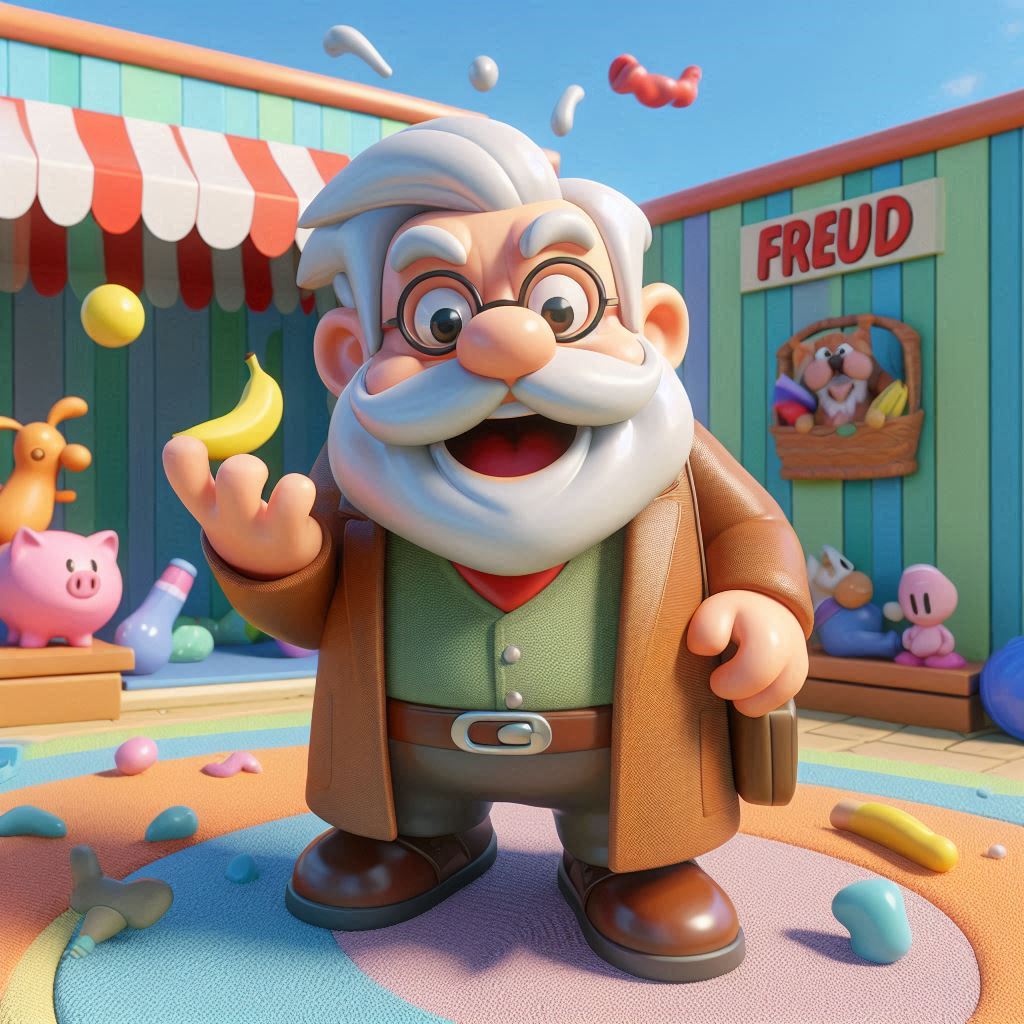
XI. Freud’s Perspective on Humor in Society
Freud believed humor plays a vital role in social interactions, helping individuals navigate societal norms.
While expressing personal thoughts, often fostering connection and understanding through shared laughter.
- Why do friends enjoy telling jokes at gatherings? Because laughter helps everyone feel more connected and relaxed together.
- How does humor help in difficult conversations? It softens the mood, making sensitive topics easier to discuss.
- Why are funny stories common in team settings? They foster camaraderie and break down social barriers naturally.
- What’s Freud’s view on humor’s role in culture? It’s a way to challenge taboos without confrontation.
- How does humor act as a social mirror? It reflects societal values and shared beliefs in a playful manner.
- Why do people laugh at jokes about everyday life? Because it creates a sense of unity through shared experiences.
- In what way does humor serve as a form of social critique? It subtly points out flaws or hypocrisies without direct confrontation.
- Why do some jokes become timeless in society? Because they tap into universal truths and collective unconscious themes.
- How does humor help cope with societal pressures? It provides a safe outlet to express frustrations and hopes.
- What role does humor play in easing social tensions? It introduces levity, reducing conflict and encouraging understanding.
- Why is humor important in family life? It builds bonds and creates shared moments of joy and understanding.
- How can humor influence societal change? By highlighting issues in a non-threatening way, it encourages reflection and dialogue.
- What does Freud say about humor’s power in social norms? It can subtly challenge or reinforce accepted behaviors.
- Why do cultures cherish humor across generations? Because it preserves collective identity and shared history in a lively form.
- How does humor help in managing societal stress? It acts as a mental release, making challenges seem more manageable.
- Why do jokes about common situations resonate widely? They reflect the shared human experience, fostering empathy and unity.
- What is the significance of humor in community events? It promotes social cohesion and shared identity through collective laughter.
- How does humor serve as a tool for social resilience? It helps communities recover from setbacks by emphasizing hope and humor.
- Why do people enjoy humorous stories about societal quirks? Because they highlight the humorous side of human nature and societal patterns.
- In what way does humor support societal harmony? By allowing differences to be expressed playfully, reducing tensions and fostering acceptance.
XII. Jokes that Reveal Our Inner Thoughts
Humorous remarks often serve as playful expressions of our true feelings, offering insight into subconscious.
Beliefs and unspoken emotions that lie beneath our everyday conversations.
- Laughing at a joke about being forgetful might secretly hint at worries about losing control.
- Smiling at a silly joke about clumsiness can mask underlying feelings of vulnerability.
- Enjoying humor about being shy often reflects internal social anxieties we prefer to hide.
- Finding amusement in jokes about impatience may reveal hidden frustrations we’re hesitant to admit.
- Reacting positively to jokes about routines can indicate subconscious resistance to change.
- Laughing at a joke about procrastination might unconsciously point to avoidance of responsibilities.
- Chuckling at a joke about perfectionism can reveal underlying self-criticism or high standards.
- Reactions to jokes about aging often mirror subconscious fears about mortality and vitality.
- Enjoying humor about mistakes might unconsciously acknowledge internal doubts about competence.
- Finding humor in awkward moments can conceal feelings of shame or vulnerability.
- Laughing at jokes about personal habits may be an indirect way of expressing self-consciousness.
- Smiling at jokes about being misunderstood can hint at internal feelings of inadequacy.
- Reactions to jokes about authority figures might reflect internal conflicts about independence or rebellion.
- Enjoying lighthearted jokes about failure can mask deeper fears of rejection or inadequacy.
- Laughing at playful teasing often reveals underlying desires for acceptance and belonging.
- Finding humor in everyday frustrations may be an unconscious way of coping with stress.
- Reactions to jokes about self-improvement can expose internal struggles with change or self-acceptance.
- Smiling at jokes about being overworked might conceal feelings of burnout or exhaustion.
- Enjoying humor about personal quirks often indicates an internal acknowledgment of unique traits.
- Laughing at simple misunderstandings can be a subtle reflection of internal conflicts about communication.
- Reactions to jokes about routines and habits might reveal subconscious resistance to disruption or unpredictability.
XIII. Analyzing Jokes with Freud’s Concepts
Applying Freud’s ideas to joke analysis uncovers hidden meanings, revealing subconscious conflicts, desires, and societal influences behind humor in a playful and insightful way.
- How does understanding unconscious motives deepen our appreciation of a joke’s humor? It reveals layers of hidden thoughts we might not consciously recognize.
- What role does symbolism play when analyzing jokes through Freud’s lens? It helps decode underlying desires or fears embedded in the punchline.
- Why is it important to consider context when interpreting jokes with Freudian theory? Context uncovers the specific unconscious conflicts or repressed feelings at play.
- How can recognizing defense mechanisms enhance joke analysis? It shows how humor functions as a way to protect the ego from uncomfortable truths.
- In what ways does examining joke structure reveal unconscious patterns? It highlights recurring themes like repression, displacement, or sublimation within humor.
- What does Freud suggest about the relationship between joke content and societal taboos? It indicates how humor challenges or reinforces cultural norms and suppressed impulses.
- How can analyzing a joke’s timing and delivery expose unconscious anxieties? These elements often serve as cues to underlying emotional conflicts.
- Why is it valuable to identify latent versus manifest content in jokes? Latent content uncovers the true unconscious desires hidden beneath the surface story.
- What insights can be gained by studying the reaction patterns to different types of jokes? They reflect internal conflicts and subconscious preferences or fears.
- How does Freudian analysis help explain why some jokes resonate more deeply? They tap into shared unconscious themes and collective repressed feelings.
- In what way does humor serve as a form of disguised self-expression? It allows revealing thoughts that are difficult to articulate directly.
- How can humor about taboo subjects be understood through Freud’s theory? Such jokes often symbolize the safe expression of repressed urges or anxieties.
- Why is it useful to explore personal associations with jokes? They connect individual unconscious conflicts with specific humorous content.
- How does analyzing joke imagery assist in understanding unconscious symbolism? Visual elements can encode hidden emotional states or conflicts.
- What does Freud’s concept of the pleasure principle tell us about why we enjoy certain jokes? They satisfy unconscious desires in a socially acceptable way.
- How can repeated themes in jokes indicate persistent internal struggles? They reveal unresolved conflicts that manifest in humor over time.
- Why should we consider cultural influences when applying Freudian analysis to jokes? Cultural norms shape what is repressed or acceptable to express humorously.
- How does understanding the unconscious motives behind jokes promote self-awareness? It reveals internal biases, fears, and suppressed thoughts we may not consciously acknowledge.
- What is the benefit of psychoanalyzing jokes in social settings? It fosters deeper connections by understanding shared unconscious themes and collective feelings.
- How can Freud’s concepts assist in differentiating between harmless humor and humor that masks deeper issues? It clarifies when jokes serve as a healthy outlet versus when they conceal unresolved conflicts.
XIV. The Connection Between Jokes and Dreams in Freud’s Work
From my experience, understanding how jokes relate to dreams offers fascinating insights into the unconscious mind.
Revealing hidden desires and conflicts through playful, symbolic humor that mirrors our dreams.
- Humor and dreams both serve as outlets for expressing thoughts our conscious mind might suppress.
- Jokes often use symbolism similar to dream imagery, representing deeper unconscious themes.
- When a joke echoes a dream motif, it suggests shared underlying psychological patterns.
- Analyzing jokes like dreams uncovers hidden conflicts stored in the subconscious mind.
- Both humor and dreams can bypass rational defenses, revealing truths we often avoid.
- A joke’s punchline may function as a symbolic dream, expressing repressed wishes in a lighthearted way.
- Dreams and jokes share a common language of symbols, making humor a form of subconscious communication.
- Understanding the link helps us see how humor can act as a playful form of psychoanalytic insight.
- Jokes that resemble dream narratives often contain layered meanings waiting to be decoded.
- Both are ways the mind processes unresolved internal conflicts in a disguised, symbolic form.
- Dreams and humor can both serve as safe outlets for exploring forbidden or taboo thoughts.
- When a joke aligns with a dream theme, it indicates a shared psychological concern or desire.
- Recognizing this connection can deepen our appreciation for humor’s role in mental well-being.
- Humor may act as a waking version of dream work, helping us understand unconscious material more consciously.
- Both use displacement and symbolism to transform complex feelings into accessible, playful forms.
- This link suggests that humor can be a tool for self-discovery, akin to analyzing dreams.
- Jokes that echo dream content often resonate more deeply, revealing subconscious truths more clearly.
- Understanding this connection encourages a more playful, yet insightful approach to exploring the mind.
- It highlights how our internal world manifests outwardly through humor and subconscious storytelling.
- Finally, seeing jokes as reflections of dreams underscores the importance of humor in psychological health and self-awareness.
XV. Freud’s Take on Humor and its Effects
Freud believed humor has a positive impact by releasing tension, fostering social bonds, and helping individuals process subconscious thoughts with lightheartedness and insight.
This perspective highlights humor’s role in promoting mental well-being, encouraging social connection, and providing a safe outlet for expressing and understanding hidden inner thoughts.
- Laughing at a joke can lighten a heavy mood, acting as a natural stress reliever.
- Humor helps us connect with others by sharing moments of joy and understanding.
- Freud saw jokes as a way to gently confront uncomfortable truths without feeling overwhelmed.
- Enjoying humor can boost confidence by allowing us to see the lighter side of challenges.
- Sharing a laugh strengthens bonds, making social interactions more enjoyable and relaxed.
- Humor provides a safe space to explore sensitive topics with minimal risk of offense.
- Freud believed that humor enhances emotional resilience, helping us bounce back from setbacks.
- Jokes can serve as a mental escape, giving the mind a break from daily stresses.
- Laughing at ourselves promotes self-acceptance and reduces feelings of shame.
- Humor encourages a positive outlook, making difficult situations seem more manageable.
- Freud thought that humor fosters a sense of community by uniting people through shared laughter.
- Enjoying playful jokes can improve mood and overall mental health.
- Humor acts as a gentle reminder not to take life too seriously, promoting balance.
- Laughs can serve as a form of emotional release, preventing stress from building up.
- Freud believed humor helps us process subconscious conflicts in a way that feels safe and approachable.
- Jokes about everyday situations can bring comfort and a sense of normalcy during tough times.
- Humor can temporarily shift focus away from worries, providing a mental reset.
- Sharing humor encourages openness, making it easier to discuss difficult topics over time.
- Freud saw humor as a tool for maintaining psychological health by integrating unconscious material positively.
- Laughing together creates a sense of belonging, fostering social harmony and well-being.
FAQ: Unraveling Freud’s Take on Jokes – A Clever Look at Humor and the Unconscious
Discover how Freud’s insights shed light on humor, revealing the playful side of the mind in a fun, family-friendly way.
What did Freud believe about jokes and humor?
Freud thought jokes serve as a safe outlet for expressing repressed thoughts and feelings.
Offering insight into the unconscious mind while making us laugh.
How does Freud differentiate between humor and other forms of communication?
Freud viewed humor as a clever way to release tension and hidden desires, setting it apart from more straightforward or serious communication.
Why are jokes considered important in Freud’s psychoanalytic theory?
Freud believed jokes help individuals cope with inner conflicts, acting as a playful window into subconscious thoughts and emotions.
What role does repression play in Freud’s perspective on jokes?
Freud argued that jokes allow people to express thoughts that are typically repressed, providing a socially acceptable outlet for these feelings.
Can Freud’s ideas explain why we find certain jokes funny?
Yes, Freud suggested that humor arises from the release of suppressed thoughts.
Making jokes both amusing and revealing of hidden feelings.
Are jokes considered a form of social bonding according to Freud?
Freud saw humor as a way for people to connect, share laughter.
And reinforce social bonds through common understanding and playful expression.
How does Freud view the role of the subconscious in humor?
He believed that the subconscious plays a key role, with jokes tapping into hidden thoughts that often go unnoticed in daily life.
What are some common themes in Freud’s analysis of jokes?
Freud focused on themes like taboo, repression, and the release of pent-up emotions, all of which contribute to the humor’s appeal.
Can Freud’s theories help us better understand family-friendly humor?
Absolutely! His ideas highlight how light, clever jokes can safely express feelings and foster joy without crossing boundaries.
The Bottom Line
Freud on jokes highlights their role in revealing hidden thoughts, much like jokes do.
He believed humor allows us to express suppressed feelings safely. Jokes serve as a window into the subconscious mind.
Freud viewed humor as a clever defense mechanism, easing social tension. jokes, in particular, demonstrate playful wit and mental agility.
They connect ideas in surprising, delightful ways. Understanding Freud’s perspective helps us appreciate jokes beyond surface-level fun.
Humor becomes a way to explore human psychology gently. It’s fascinating how a simple joke can reveal deeper truths.
We invite you to revisit our website often; we update jokes daily. Bookmark us for fresh laughs and insightful humor. Share with friends to spread joy and cleverness everywhere! 😊
Thanks for reading! I’ve enjoyed sharing these thoughts and laughs with you. Keep smiling, and don’t forget to visit us regularly for more freud humor. Have a fantastic day! 🎉

